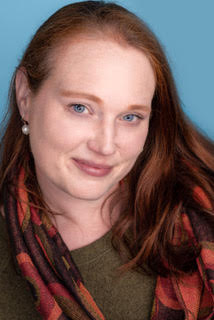Elizabeth Reed
Educational Credentials
- Ph.D., Music Education, University of South Carolina
- M.M., Music Education, Eastman School of Music, University of Rochester
- B.M., Music Education, University of South Carolina
Biography
Elizabeth A. Reed received her Ph.D. in Music Education at the University of South Carolina. While there, she was the Assistant Director of the UofSC String Project and taught Music Appreciation. Since 2018, she has been the Executive Director of the National String Project Consortium. This non-profit organization focuses on children across the United States having access to string music education and providing emerging string music education majors the opportunity to practice teaching. Dr. Reed has taught beginning to advanced levels of orchestra (4th- 12th) to students in Fairfax County Public Schools and Lexington-Richland School District Five.
As a conductor, Reed has guest conducted for the South Carolina Junior All-State Orchestra, Fairfax, Loudon, and Prince William County District Honor Orchestras in Virginia, MMEA Eastern District in Massachusetts, and the GMEA Middle School Honors Orchestra in Georgia. She also conducted with the Prince William Youth Orchestras for two years.
As a cellist, Reed has performed and soloed with the Pan American Symphony Orchestra, Fairfax Symphony, Friends and Family Chamber Orchestra of Fairfax County, Signature String Quartet, The Quartet Program, Il Grazioso Piano Trio at the Orford Center of the Arts in Quebec, South Carolina Governor’s School of the Arts Resident String Quartet, Eastman Bartok String Quartet Seminar, and on broadcasts for SCETV, South Carolina Public Radio, and WVIA in Pennsylvania.
As a researcher and clinician, Reed focuses on professional music teacher identity, culturally responsive teaching, the String Projects, and pitch perception. Her dissertation, Examining Professional Music Teacher Identity: A Mixed Methods Approach with Stringed Instrument Teachers, was published in 2018. Reed has other publications in the American String Teacher and Teaching Music Through Performance in Orchestra, Volume 4. In addition, she has presented clinics and research poster sessions at ASTA, ISME, NAFME, SMTE, TMEA, and VMEA.
